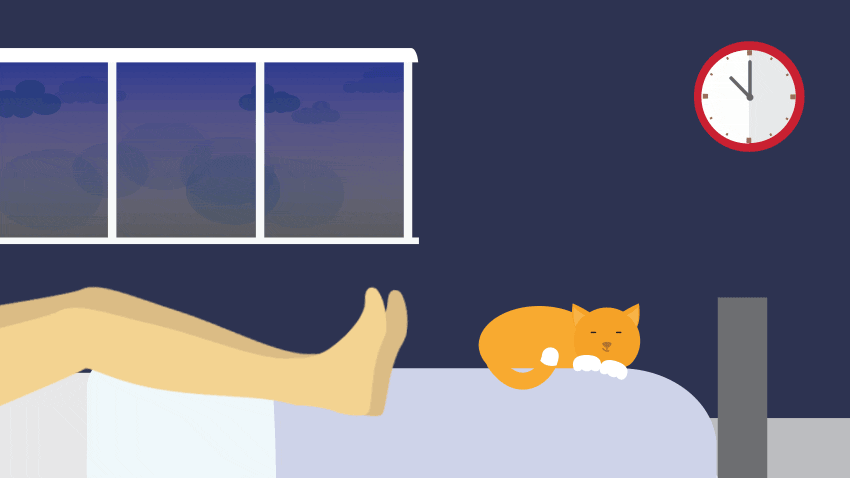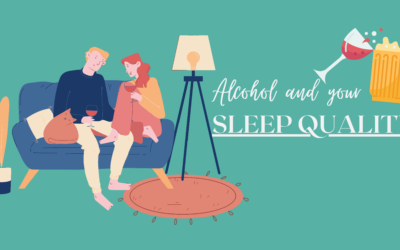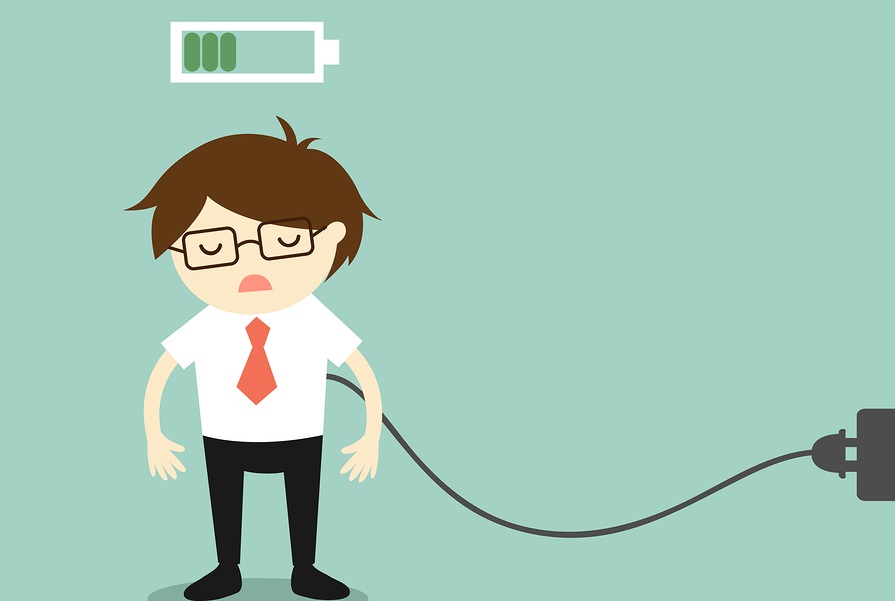-
Pingback: Battle of the Sexes: Sleep Showdown | Ohio Sleep Treatment
The Basics of Restless Leg Syndrome
That’s right, not ants in your pants, but ants in your bed? Those that have Restless Leg Syndrome know exactly what we are talking about. It’s that weird urge to move your legs or when you get a creepy-crawly sensation in your legs. It’s more than having the urge to kick your bed partner for that bad joke, there is a medical reason that your legs can’t seem to sit still!
RLS seems to affect women more than men but is especially common in pregnant women. It is believed that iron deficiency can lead to restless leg syndrome, which is another reason that women often experience it while pregnant. However, don’t feel left out men, it’s estimated that 7-10% of the US population may have RLS.
Treatment Options
- Behavioral Modifications
- Taking a warm bath before bed
- Massaging your legs
- Maintaining a moderate exercise program
- Supplements
- Iron is available for purchase over-the-counter. However, take iron supplements only with medical supervision and after your doctor has checked your blood-iron level.
- Prescription Medications
- Based on specific patient needs, your physician can choose from several classes of prescription medications. It may take several trials for you and your doctor to find the right medication or combination of medications that work best for you.
As always, it is important to consult with your physician before adding or adjusting to your treatment plan.
In Conclusion
Restless Leg Syndrome certainly isn’t the end of the world, but it can definitely interfere with a good night’s sleep! If you find your legs to be a little jittery, try taking it into your own hands before those legs start costing you sleep. Not all therapies are alike, consult your doctor on which therapy would be best for you. If you have experience with RLS or try a method above, don’t forget to let us know how it goes in the comment section below.
Also, if you have questions about snoring or sleep apnea, contact us to make an appointment today or take our “sleep quiz” to see if you suffer from excessive daytime sleepiness.
If you or someone you know is experiencing signs and symptoms of obstructive sleep apnea, consult a sleep professional at once. Undiagnosed and untreated sleep apnea can lead to a host of health concerns. Don’t worry, CPAP is not the only therapy option. Contact us to learn more about oral appliance therapy today.



